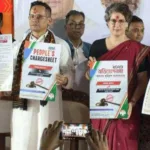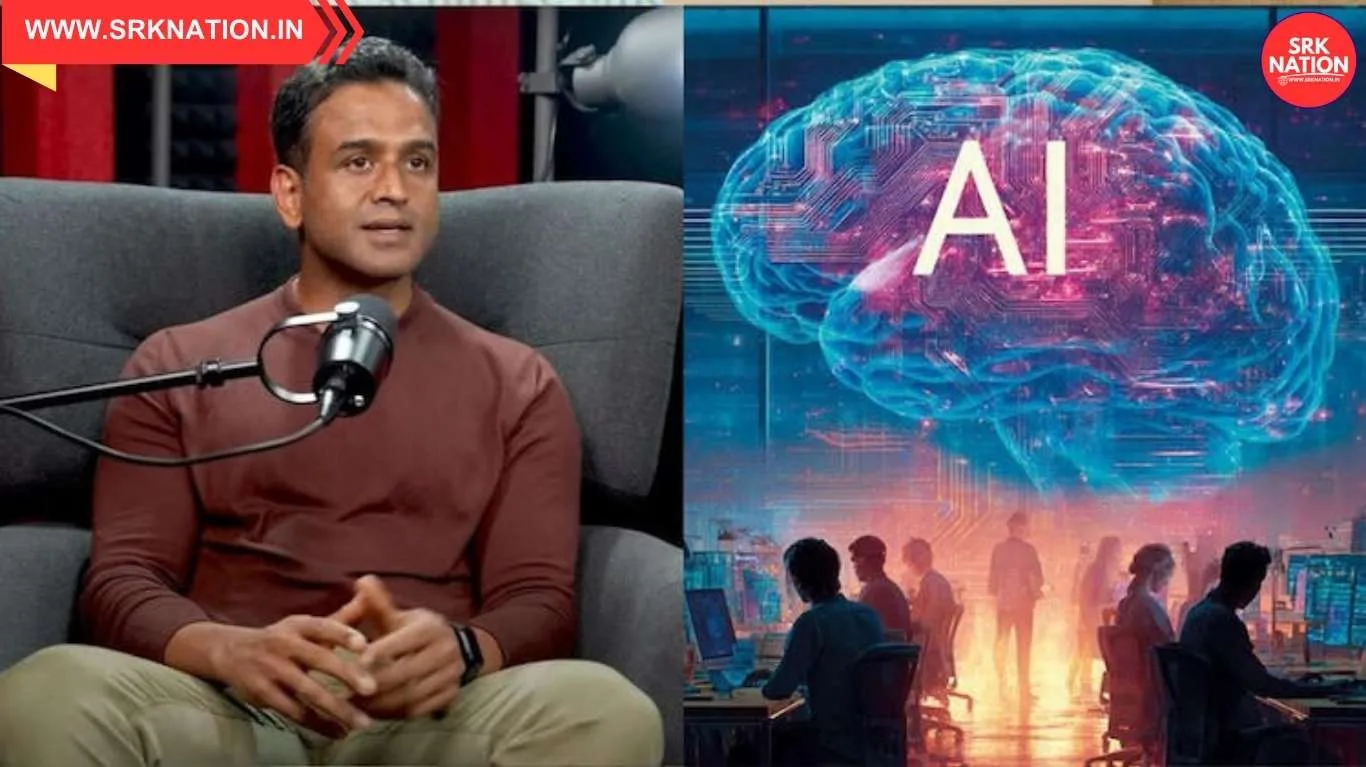A new book has unveiled surprising and controversial details about the rift between the late Ratan Tata, Chairman Emeritus of Tata Group, and his former successor, Cyrus Mistry. The book, Ratan Tata: A Life, authored by Thomas Mathew, sheds light on the issues that led to Mistry’s exit from the Tata Group.
*Ratan Tata’s Regret*
According to the biography, Ratan Tata expressed regret over his decision to support Cyrus Mistry’s appointment as Tata Group chairman in 2012. Tata admitted he was influenced by Mistry’s impressive British education, believing it would reflect positively on his leadership qualities. However, he later realized his naivety, stating, “Cyrus Mistry’s British education blinded me. I naively thought that the DNA of a person with such an impressive education would be different.”
Tata also lamented putting the selection committee under pressure, which resulted in Mistry’s hasty appointment. He admitted that staying away from the selection process was an “idealistic” approach that proved detrimental.
*Mistry’s Uncomfortable Decisions*
The book reveals that several of Cyrus Mistry’s decisions as Tata Group chairman made Ratan Tata uncomfortable, as they seemed to go against the group’s clean image and reputation. For instance, Mistry’s foray into infrastructure ventures raised concerns about potential bribes and corruption tarnishing the Tata name.
One of the most contentious issues was the failed joint venture with Japanese telco Docomo. When Docomo won an award of $1.17 billion, which Tata initially refused to pay, Ratan Tata stepped in to honor the commitment. In 2017, he traveled to Singapore to meet Docomo’s president and personally paid the $1.17 billion owed by Tata, shortly after N Chandrasekaran took over as the Group’s chairman.
*Bypassing Tata Sons Board*
Discontent grew between Mistry and Tata when Mistry reportedly bypassed Tata Trusts on crucial decisions concerning the Tata Group. Ratan Tata admitted to misjudging Mistry’s business approach, citing the acquisition of Welspun’s alternative energy assets by Tata Power for $1.45 billion without Tata Sons’ board approval as a significant flare-up.
Several Tata Group veterans, including current Chairman N Chandrasekaran, criticized Mistry’s leadership style, which excluded seasoned veterans in favor of a younger executive council. R Mukundan, MD of Tata Chemicals, remarked, “Wisdom with experience is more sustainable,” while NP Sinha, former vice-president of Tata Steel, bluntly stated, “his appointment itself I would not have done.”
*Ratan Tata’s Efforts to Support Mistry*
Despite their differences, Ratan Tata tried to support Cyrus Mistry’s leadership. He enlisted Nitin Nohria, the dean of Harvard Business School, to guide Mistry in his role. However, this move sparked rumors that Tata was interfering with the new chairman’s performance.
The relationship between Tata and Mistry ultimately soured, leading to a decline in Tata Group’s performance. In October 2016, Cyrus Mistry was ousted as chairman, a decision Ratan Tata knew would damage his reputation but believed was necessary to protect the Tata name.
*Conclusion*
The revelations from Ratan Tata: A Life provide a deeper understanding of the complex relationship between Ratan Tata and Cyrus Mistry. The book underscores the challenges faced by the Tata Group during Mistry’s tenure and highlights the difficult decisions made to safeguard the group’s legacy and reputation.

Like
Comment
Send
Share











